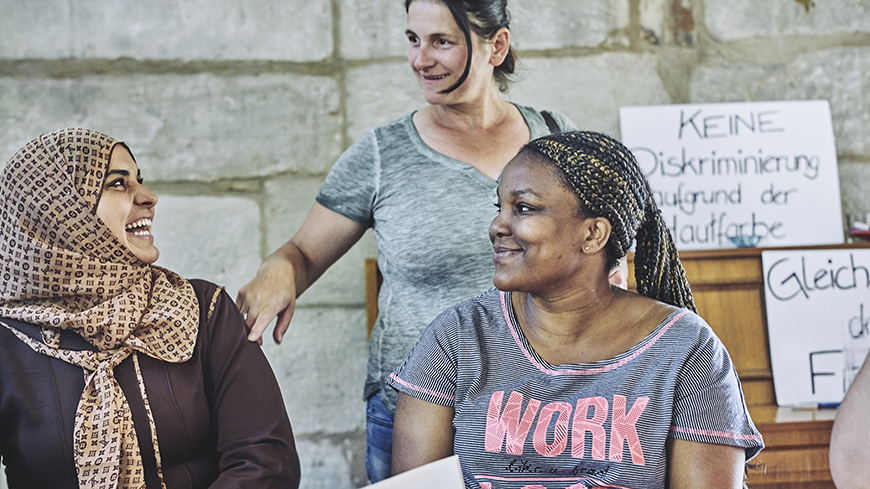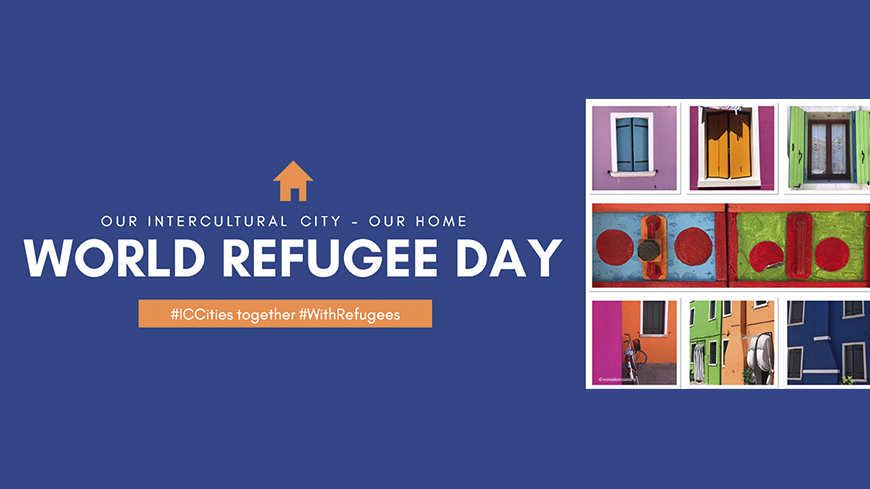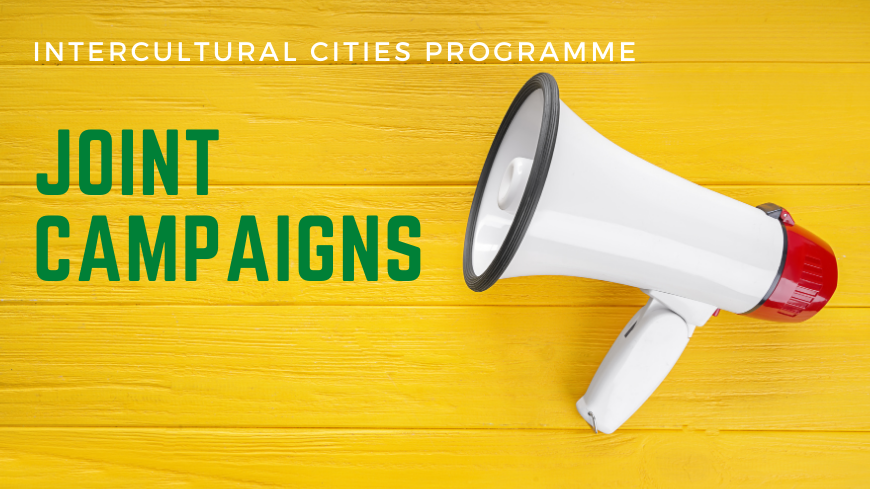Copenhagen’s Host Programme seeks to facilitate encounters between newly arrived migrants and Copenhageners who wish to volunteer as hosts. It is coordinated by the city’s Department for Integration and Language which is responsible for administrating the Integration Act in the municipality of Copenhagen.
The programme is operated in close collaboration with two local organisations. The “Danish Refugee Council” carries out social activities with newly arrived inhabitants including Danish conversation courses and provides information on the local community, cultural activities and those carried out by local associations. “Foreningen Nydansker” helps newly arrived inhabitants integrate into the local education system and job market.
Kari Mørkøre-Yde, coordinator of the Host Programme, explained the programme’s expected outcomes stating that it will result "in an increased understanding, awareness and tolerance among the residents of Copenhagen" as well as in “a city that is more welcoming and easier for foreigners to settle in”. She also stressed the importance of the Host Program in facilitating the integration process. She said: “It prevents discrimination. It promotes inclusion of new citizens".
During the two months since the programme was launched, the city received over 100 enquiries from residents in Copenhagen who wanted to be volunteer hosts. To date there are over 176 volunteer hosts in the two organisations. During a presentation Kari Mørkøre-Yde explained the high level of interest the program has received from the city’s inhabitants. She said: “Reasons include personal experiences with settling in a foreign country, being new in Denmark – or an opportunity to show Denmark as an open and welcoming society”. Two anonymous testimonials explained what connected them to the programme. One explained: “When I lived in New York for 15 years and returned to Denmark in 1996, I found it quite difficult to connect with the Danes and often felt there was little interest among Danes for foreigners, on the whole, for each other…unfortunately. Therefore I would like to host a foreigner who comes here". The other stated: “I read an article about the “project” in Politken (a Danish newspaper) this morning and now – 5 hours later – I simply have to respond to this. Wow – it really sounds exciting. Really a good initiative which actually (again) makes me proud as a Dane to read about it. It is time that we again become an open and welcoming society towards immigrants. Therefore, I would love to be a host”.
The programme has attracted an overwhelming interest from newcomers with different permits including refugees, family reunifications, EU citizens, green card holders and students.. The benefits of the programme according to newly arrived inhabitants span from making new friends, to meeting people in similar professions, to finding out about public services, to entering the labour market. One testimonial said: “I had a chance to meet a Danish person from my professional field and I learned about the Danish system". Another when referring to the advantages of participating said: “I found a good friend and a voluntary job”. Time was the main challenge for people who were keen to participate in the programme. One participant stated: “Lack of time from my side was a problem as I was going to class in the mornings and work afterwards, but we managed to find time to meet during the weekend or evenings".
Kari Mørkøre-Yde explained why the programme had been successful. She said: “It boils down to close cooperation between the municipality and civil society organisations, a broad target group and personal contacts”. She also explained that the programme has a solid legal framework – The Danish Integration Act. Put simply it allows individuals and residents in Copenhagen to act as hosts for newly arrived populations and receive a reimbursement for small expenses in relation to their hosting activity. Kari Mørkøre-Yde concluded by giving future perspectives for the city’s Host Programme. She stressed: “It is important that the Host Programme’s design remains a collaboration between the municipality, voluntary organisations and civil society, since the precondition for the success of the programme is to gain contact through the municipality, have the professionals work with volunteers in the voluntary organisations and participation of people from civil society who are motivated out of altruistic interest”.
Copenhagen’s Host Programme goes way beyond offering newly arrived inhabitants a symbolic “welcoming ceremony”. It contributes to promoting social ties, dialogue, tolerance and respect on an equal footing between all inhabitants in the city. It also ensures that newly arrived inhabitants to the city are familiar with the city’s services, job market, and educational systems. In our view it could be considered a best practice intercultural policy example which may inspire other European cities to implement similar initiatives.






